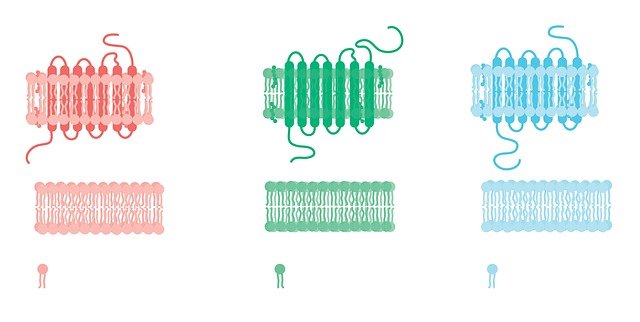Nov, 2020 - By WMR

According to a new study by the researchers of Ohio State University have suggested that lipid-based nanoparticles engineered by them including two sets of protein-making instructions exhibited potential to solve genetic disorders in animals acting as therapies.
Yizhou Dong, senior author, Ohio State University stated, “We demonstrated two applications for lipid-like nanomaterials that effectively deliver their cargo, appropriately biodegrade and are well-tolerated," said. With this work, we have lowered potential side effects and toxicity, and have broadened the therapeutic window. This gives us confidence to pursue studies in larger animal models and future clinical trials.”
Researchers designed these nanoparticles with an objective of targeting disorders involving genes that are articulated in the liver. The research team underwent with several experiments for several structural changes to those nanoparticles, as they have to transport molecules to the targeted location, releasing the messenger RNA safely at the right time. These experiments were carried out on a mouse model. In the first experiment mouse models for hemophilia and normal mouse were injected with nanoparticles with specific RNA to produce human factor VIII that aids in clotting the blood. Researchers observed that within 12 hours’ time, the mouse with deficiency of human factor VIII produced enough protein to reach 90% of normal activity and also found that there was no scenario of organ damage in both the mouse models.
In the second experiment, researchers loaded nanoparticles with two types of instructions: messenger RNA carrying the genetic code for a DNA base editor, and a guide RNA to make sure the changes took place in a specific gene in the liver known as PCSK9. Further analysis exhibited that the treatment resulted in the planned mutation of about 60% of the target base pairs in the PCSK9 gene, and established that only low dose was needed to get desired results. Researchers also reported that this technology are under process for further clinical development.

We will be happy to help you find what you need. Please call us or write to us: